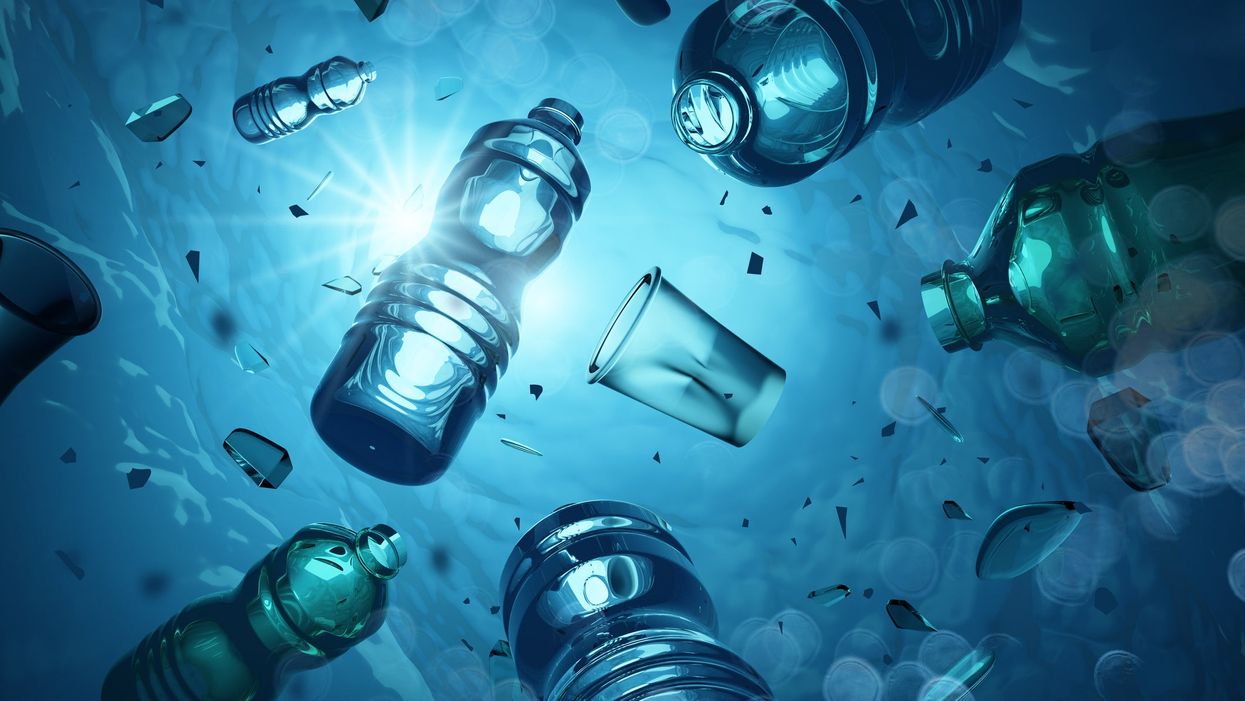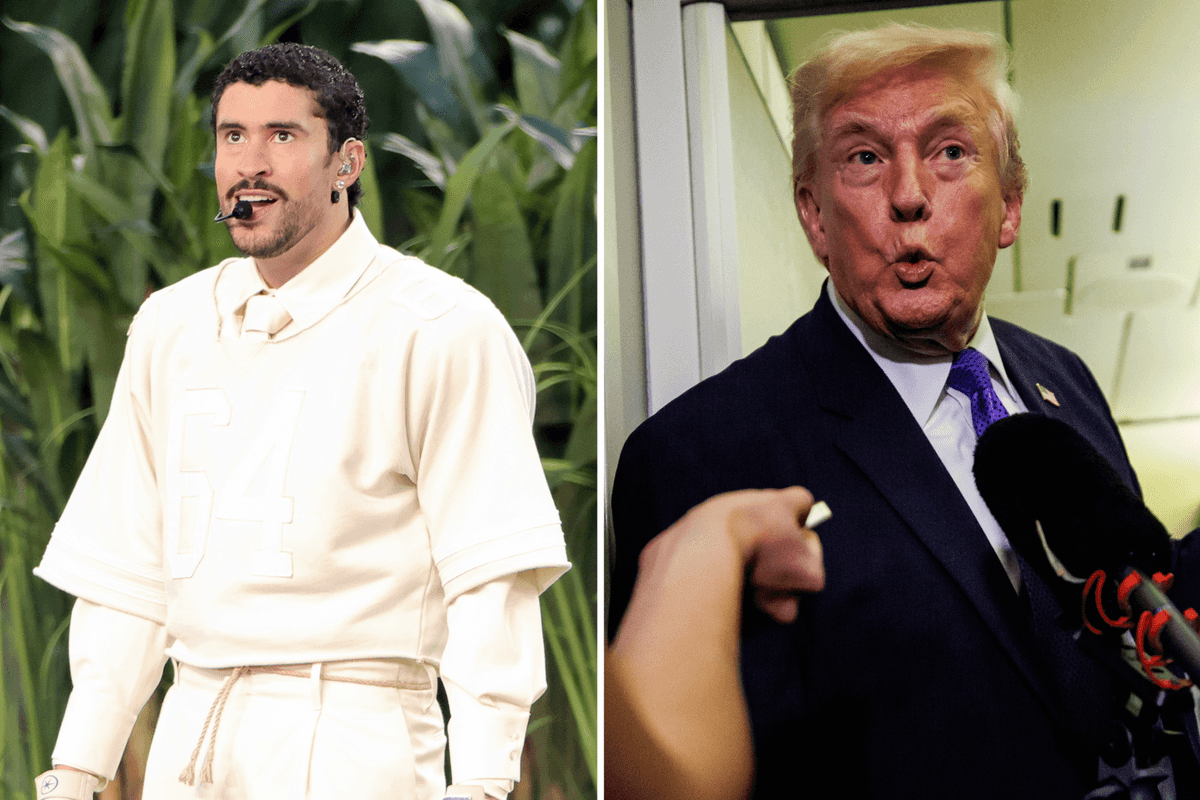News
Liam O'Dell
Nov 07, 2021
We’ve all seen enough images of turtles and other animals caught with plastic on them to know that waste in our oceans is not the best thing for the environment and the world’s ecosystem.
Though that isn’t stopping one campaign group, known as We The Plastic, from claiming that ocean plastic is a “good thing” and launching a Change.org petition calling on the federal government to “listen to our perspective” and for environmentalists to “stop all these clean-up operations that are becoming more and more frequent”.
“If the Earth created humans, and the humans created plastic, and plastic got into the ocean... it’s our belief that there must be a reason and that is all part of a natural and evolutionary process.
“We should leave plastic in the ocean alone,” it reads.
The movement, reportedly set up in 2018 and relaunched on Friday, also claims that “an entire new ecosystem” was created as a result of plastics making their way into the ocean – which they call “the Plastisphere”.
The petition continues: “[It] is thriving and creating new animals (including bacteria capable of breaking down plastic), and it is our responsibility to protect it and research it.
Sign up to our free Indy100 weekly newsletter
“Microplastics and microfibers of microplastics are entering our bodies pushing our immune system to improve, and potentially supporting the evolution of our species to stronger beings. What if it’s just the first step towards a more advanced species?
“Some animals are dying, because of plastic. And species of animals had to leave our planet constantly, in the past, it’s just life. It’s evolution, and Darwinism at its finest.
“Only the most adaptable creatures survive. Not all animals are here alive at the same time... dinosaurs are not here.”
The dinosaurs are indeed extinct, but we like to think that preventing yokes from a six-pack of Coca-Cola from entering the ocean is a much easier task than avoiding a giant asteroid hurtling towards Earth.
Just a hunch.
Unsurprisingly, the petition has sunk and has received just 39 signatures at the time of writing.
Further attention was brought to the “bizarre” campaign group following reports that an individual was handing out lanyards promoting the cause near the Cop26 climate conference in Glasgow.
Fortunately, Twitter users have since ridiculed the initiative, with many questioning if We The Plastic is in fact a “parody”:
In case it wasn’t obvious – we think it is – plastic pollution is “the most widespread problem affecting the marine environment”, according to the International Union for Conservation of Nature (IUCN), an organisation which likely knows a whole lot more about the subject matter than a small campaign group.
“Marine wildlife such as seabirds, whales, fishes and turtles, mistake plastic waste for prey, and most die of starvation as their stomachs are filled with plastic debris. They also suffer from lacerations, infections, reduced ability to swim, and internal injuries. Floating plastics also contribute to the spread of invasive marine organisms and bacteria, which disrupt ecosystems.
“Several chemicals used in the production of plastic materials are known to be carcinogenic and to interfere with the body’s endocrine system, causing developmental, reproductive, neurological, and immune disorders in both humans and wildlife,” they say.
In 2019, a report by the charities Tearfund, Fauna & Flora International and WasteAid claimed that between 400,000 and one million people die every year (one person every 30 seconds) as a result of preventable diseases associated with mismanaged plastic waste in developing countries – such as diarrhoea, cancer and malaria.
Legendary naturalist and broadcaster Sir David Attenborough commented on the findings by saying: “It is high time we turn our attention fully to one of the most pressing problems of today – averting the plastic pollution crisis – not only for the health of our planet, but for the wellbeing of people around the world.”
And we wouldn’t argue with Sir David – it’s basically a criminal offence.
Top 100
The Conversation (0)














